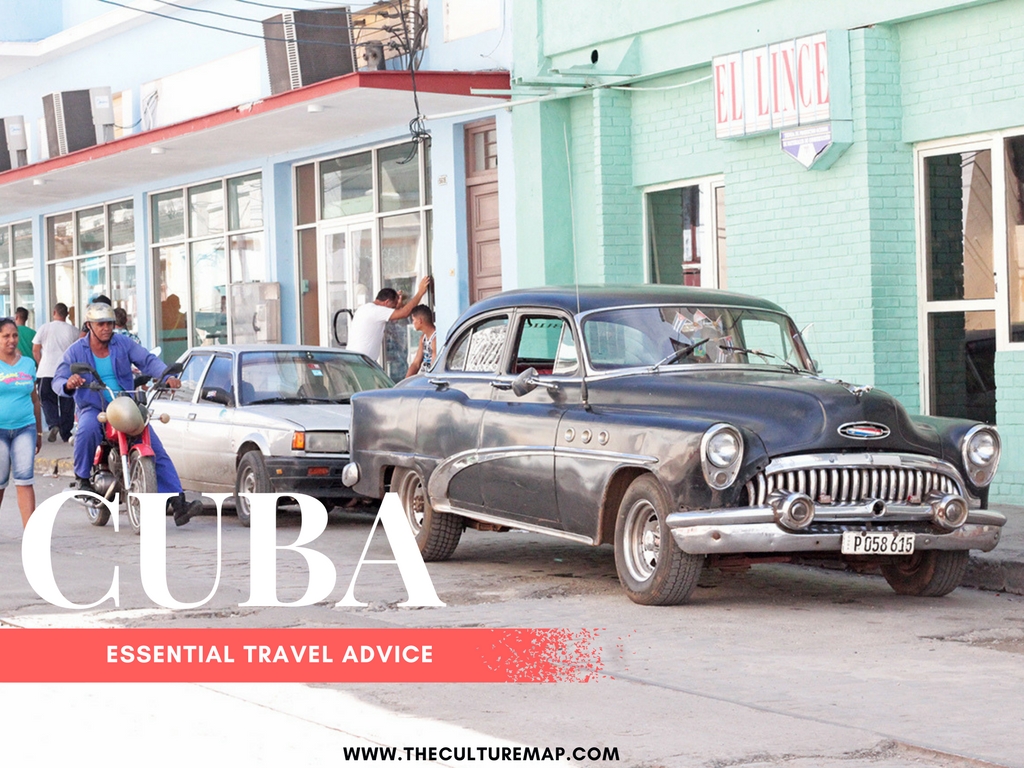
Visa/Tourist Card
You need a visa/tourist card to enter Cuba. There are a few different ways to apply but since we were short on time, we applied through Cuba Visa and it came two days later by post. It cost £35 and it was a quick and easy process. However, if you’re not in a hurry, you can obtain a visa from the Cuban Consulate in London at half the price.
Don’t bring US Dollars
I’m used to US Dollar being the safest and preferred mode of currency to exchange in most countries, but not in Cuba. Not only is it harder to find places that’ll exchange it, you’d also be charged 10% tax on top – ouch! Bring Sterling or Euros instead.
Cuba has two currencies
CUC (Cuban convertible peso or ‘Cuban dollar’) aligned to USD which tourists are usually given, and CUP (Cuban national peso) worth around 1 CUC = 22 CUP.
This can initially be a little confusing so just remember that non-Cubans are usually given the larger currency at exchange bureaus and that’s what’s also supplied at cash machines so generally you shouldn’t have any CUPs – though that’s not always the case.
Limited Wifi
Cuba only just got the internet properly a few years ago so wifi is still sparse. Unless they’re conveniently located in a wifi zone, guesthouses won’t have the internet and neither will restaurants or coffee shops.
In Havana there’s more wifi hotspots, but in the other cities you might only be able to find one or two so your best bet is to find the main square. To log onto wifi you have to buy scratch cards that will give you a code to type into your phone. Some hotels sell these cards but it’s easier to buy them from toots hovering around the hotspot areas – chances are they’ll come up to your whispering ‘wifi, wifi’, sounds a bit dodgy, I know.
Tip: If you see a hoard of tourists gathered in one place, you can guess why… there’s wifi.
Learn a few Spanish phrases
What can only be described as a shameful example of English-centricism, I presumed more people would be able to speak English. I was wrong. If you want to get the most from your trip by talking to locals, I can’t emphasise enough how learning a little bit of Spanish will go a long way.
Pack snacks from home
I won’t be the first or last person to say; food in Cuba leaves little to be desired. Whilst casas (homestays) are usually the best option for meals you’re likely to still crave the odd snack from home. Ruchi and I didn’t plan for the lack of edible inspiration and quickly started feeling sorry for our taste buds. Pack anything that doesn’t get affected by heat and hits the spot when you’re craving something sweet or salty during a road trip or hike.
Pack everything you need
You soon discover in Cuba how rare it is to find shops supplying everyday goods like shampoo, moisturiser, hairbrushes, clothing etc. Even supermarkets are really few and far between. With that in mind, ensure you pack these everyday items and stuff like paracetamol and antihistamines if you’re prone to allergies to avoid any discomfort you might have without them.
Casas, hotels, Airbnb
Before setting off to Cuba, we booked two nights in Airbnb accommodation with the intention to book the following nights along the way because we still hadn’t set out our itinerary in stone. However, we soon realised this was the wrong decision because you’re NOT able to use Airbnb when you’re in Cuba. To clarify, you can book Airbnb before going, you just cannot book within Cuba. Initially we were a bit worried, but our Airbnb host reassured us that our colectivo driver to Vinales would be able to find us a place to stay when we arrived there. He wasn’t wrong. In fact we ended up staying with his mum!
If you decide to stay in casas throughout your trip, you generally don’t know where you’ll be staying until you arrive because you let your current host arrange where you’ll be staying in the next city. If you would prefer more control over where you’ll be staying you might want to book everything yourself before you go.
Costs: Most casas cost $25 per room per night, and the same applies for Airbnb. Hotels, however, generally cost a lot more.
Getting around
You have three options for getting around in Cuba – private taxi, bus or taxi colectivos. Intially we expected to get the Viazul bus from city to city but realised that taxi colectivos were much more convenient and not that much more expensive because you’re sharing with other people. Our host at each casa organised our rides to our ongoing destination and the colectivo would pick us up from the door. Generally there’s no more than four people sharing a ride, so you have the chance to bond on the road trip!
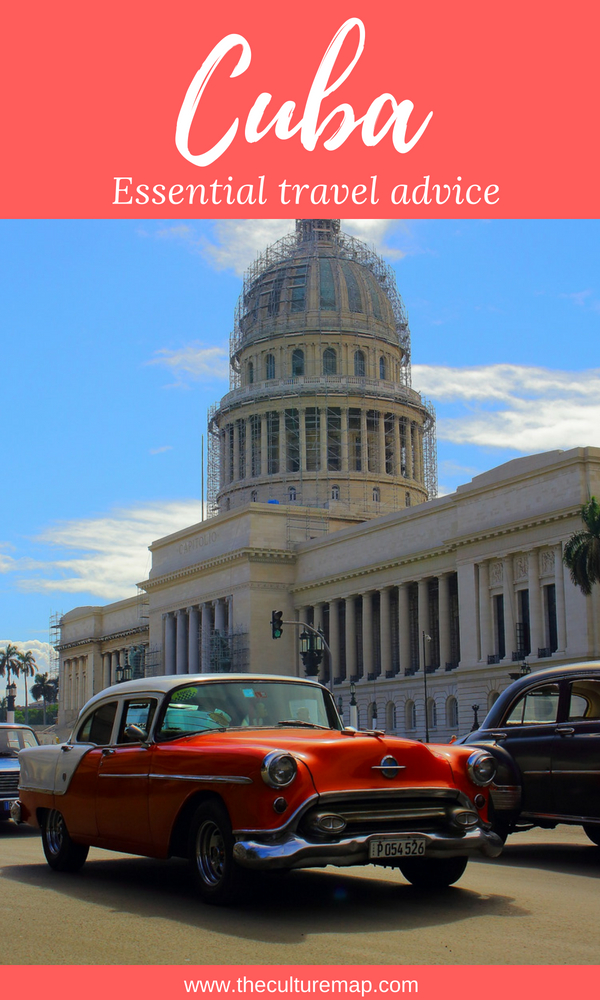
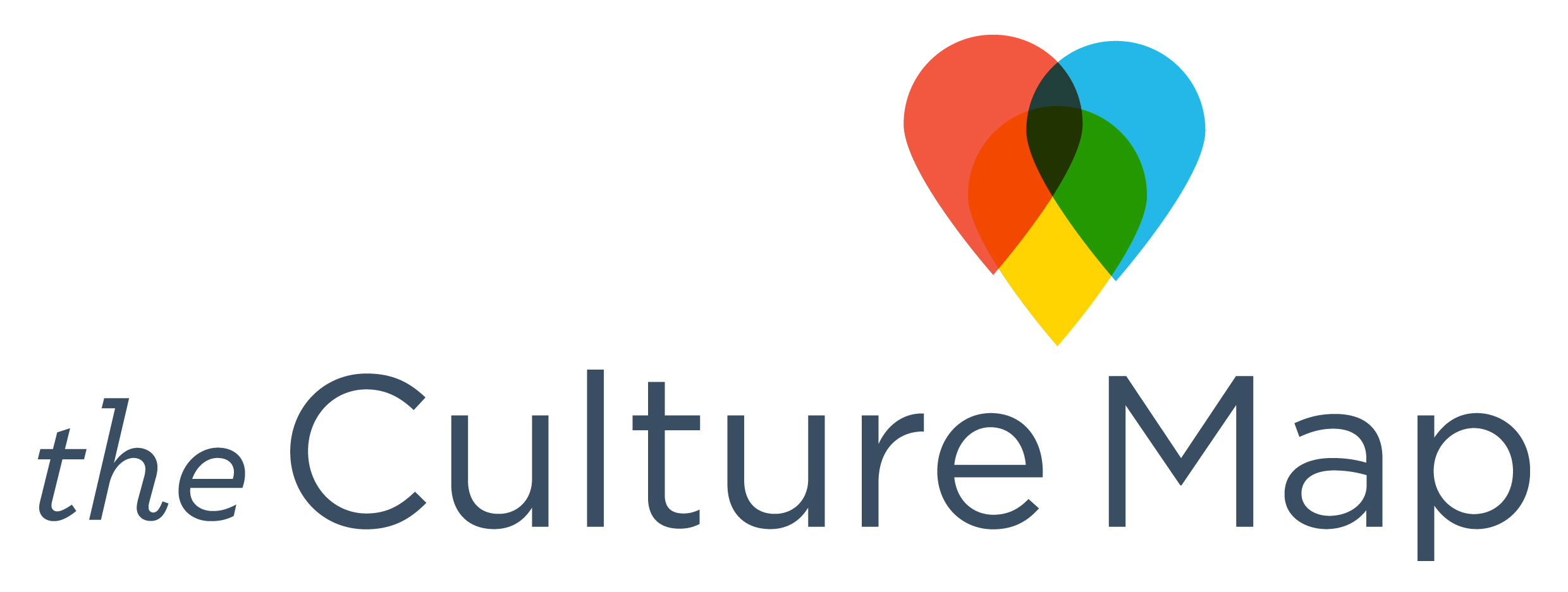
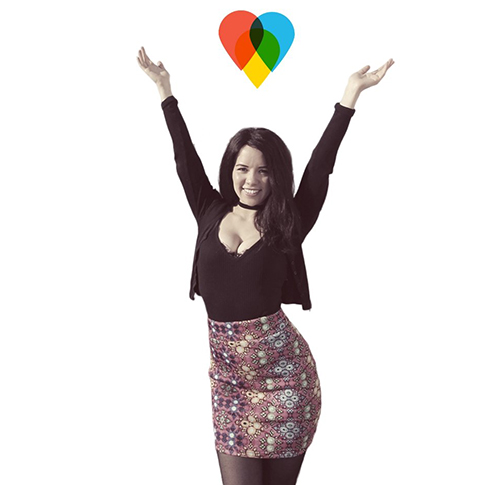

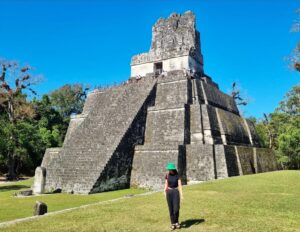

3 Responses
Thanks for posting this! It’s full of information! Keep up the great work as usual!
You’re welcome!
Awesome blog – thank you 🙂 I want to know more about your accommodation situation – if you went again to Cuba, would you book your whole travels accommodation, or rely on your driver? Thank you!